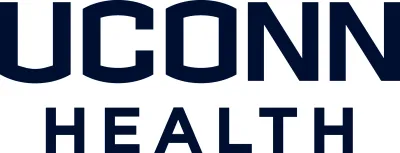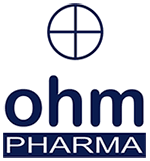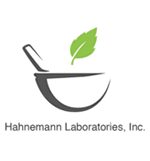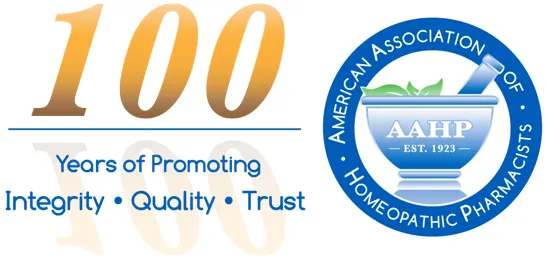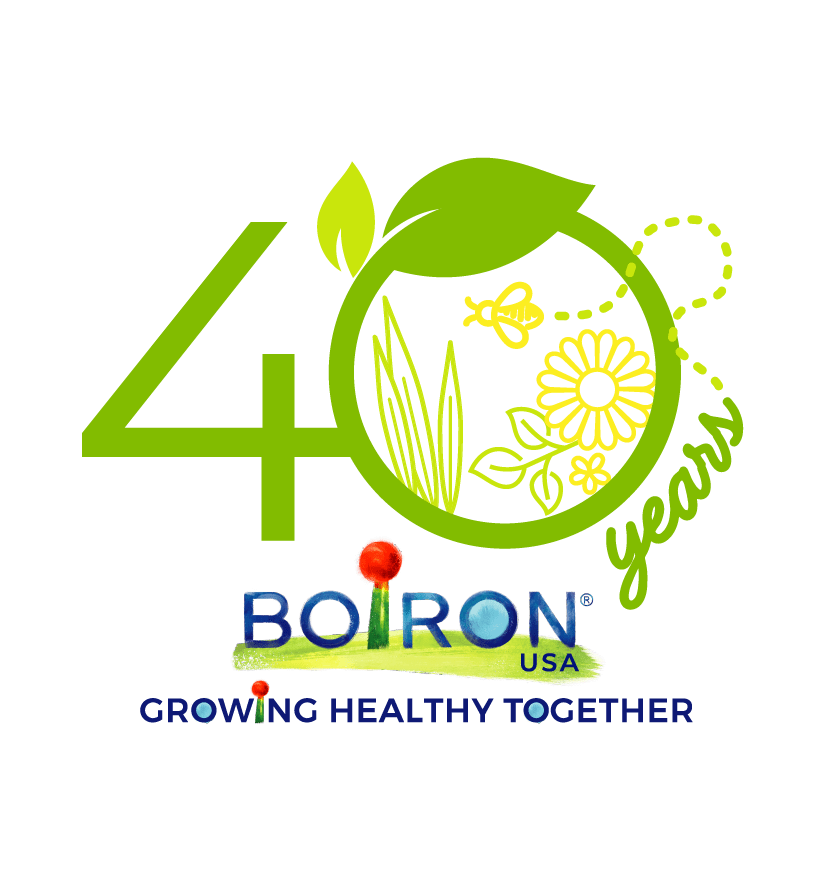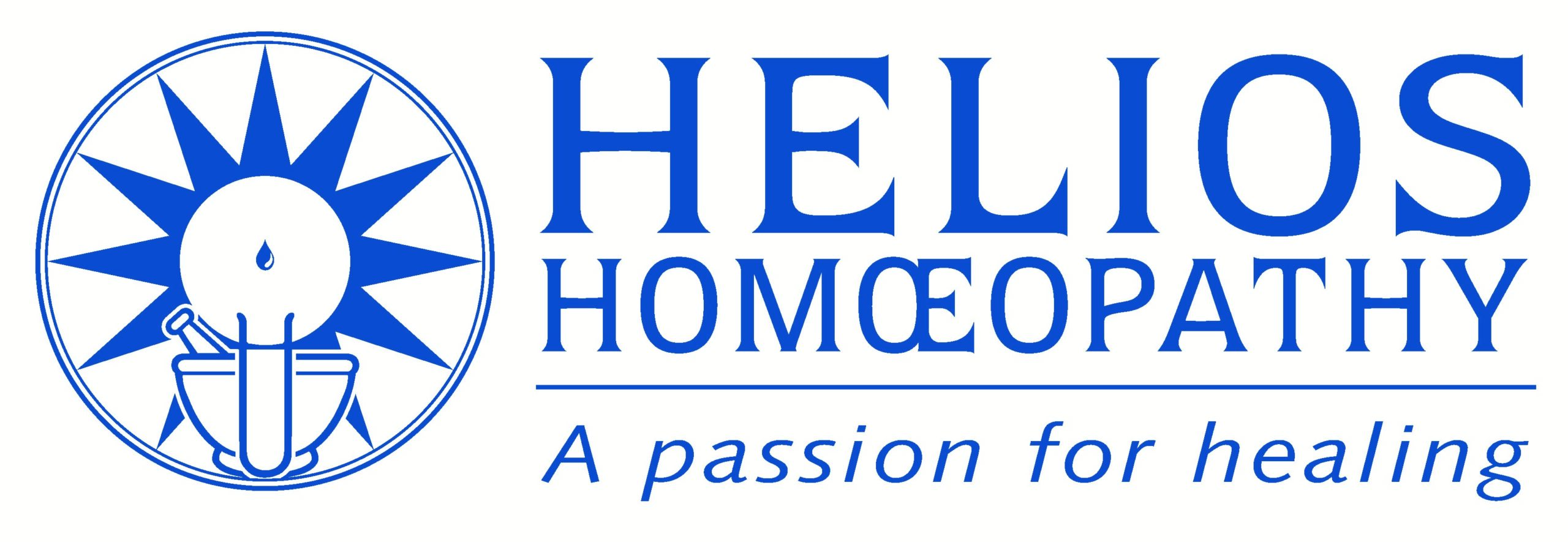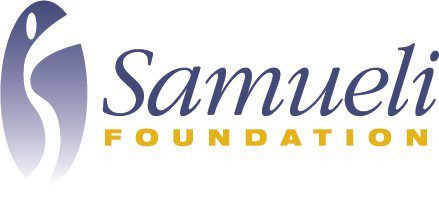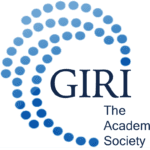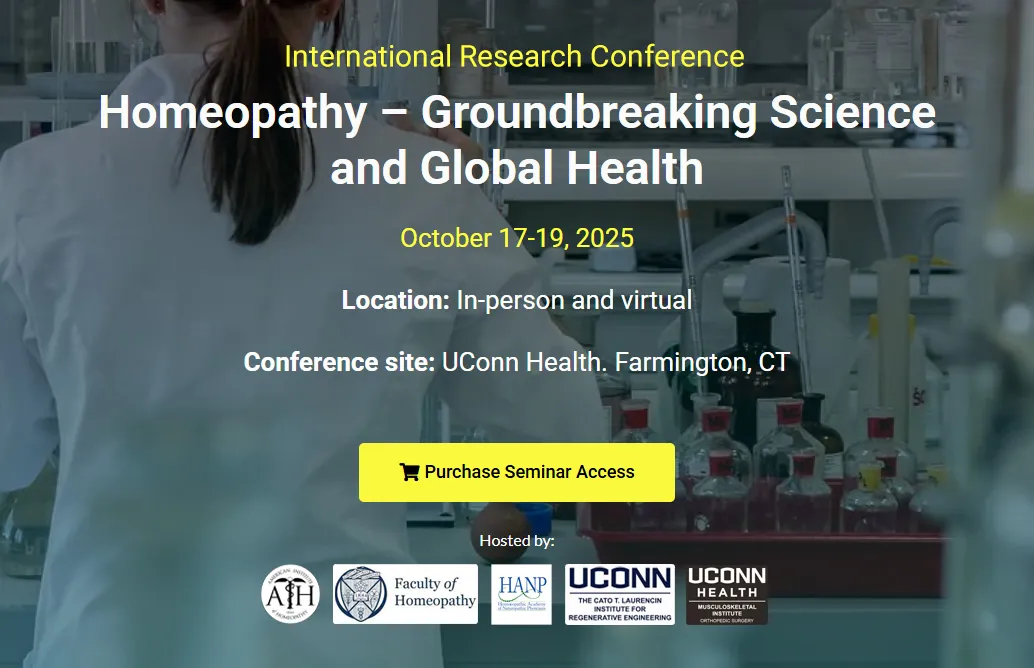Homeopathy and the Future of Global Health
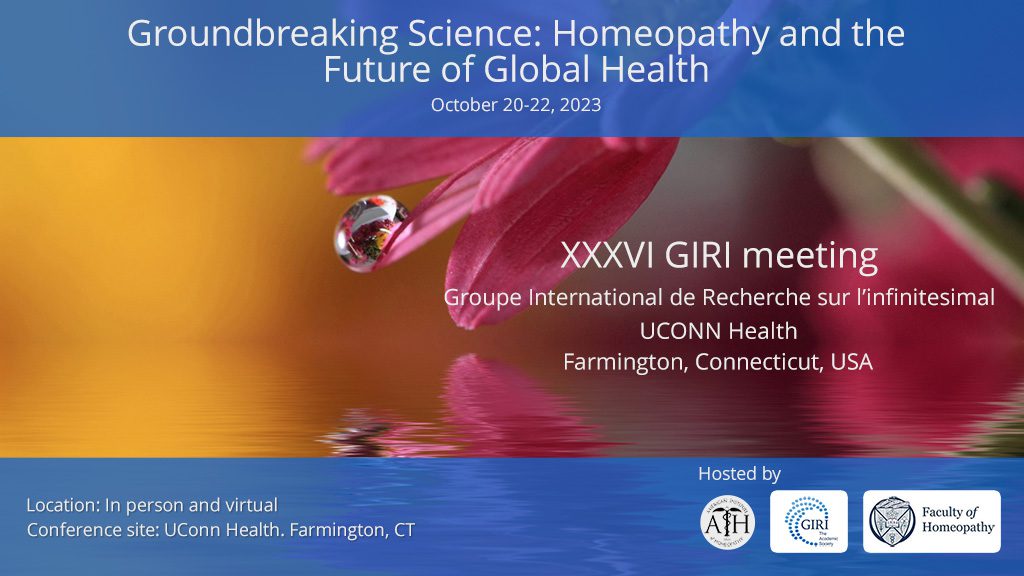
Groundbreaking Science:
Homeopathy and the Future of Global Health
In late October, a large-scale international homeopathy research conference, “Groundbreaking Science: Homeopathy and the Future of Global Health,” was held at UConn Health in Connecticut – a major sponsor of the event. UConn Health is home to the University of Connecticut’s medical and dental schools and its sprawling academic medical center. Nearly 500 participants from 25 different countries (and six of the seven continents) attended and heard 41 research presentations over three days.
Why the Conference Was Held
It’s well documented that over 300,000 physicians use homeopathy in their practices around the world while millions of Americans and more than half of a billion consumers worldwide rely on homeopathy for their healthcare. It is also clear that the U.S. is facing many healthcare challenges – from infectious diseases and antimicrobial resistance to aging populations, multimorbidity, polypharmacy, sustainability, and environmental factors. Groundbreaking Science: Homeopathy and the Future of Global Health was organized to examine the growing body of evidence around homeopathy and to consider the role it might play in addressing many of these urgent concerns. This video presentation of the conference’s lead speaker, Dr. Gary Smyth MD (U.K.) summarizes the focus of the conference well:
Can Homeopathy Help?
It is clear from a close examination of the evidence presented at UConn Health that homeopathic medicine holds the potential to provide the medical community with valuable adjunctive therapies. The conference examined observational studies, pragmatic randomized control trials, randomized, double-blind placebo trials, double-blind placebo-controlled randomized clinical trials, meta-analyses, and systematic reviews of homeopathic treatment. Several studies, including the Bristol Hospital (UK) studies and the EPI3-LASER, help bring focus to the value of homeopathic medicine for the healthcare system. These are two of a number of such studies showing that patients who consult a homeopathic GP for some of the most prevalent and burdensome conditions in general practice cost less (20%), get better at the same rate, and use fewer drugs (including significantly lower consumption of antibiotics and antipyretic/anti-inflammatory drugs) compared to patients consulting GPs prescribing conventional medicine only. The absence of toxicity and the strong safety record of these medicines also support their use.
The conference also examined emerging evidence that homeopathic products may be helpful in mitigating the impact of climate change on agricultural crops – making plants more bio-resilient – while also reducing the need for products like herbicides and other agricultural chemicals known to cause environmental harm. Though there is much more research needed in this field, a number of initial studies suggest significant potential.
Are you new to homeopathy?
If so, here are some basics to learn more
as well as this video:
Conference Agenda | ||
|---|---|---|
| 20th October, Friday | ||
| 1:00pm EDT | Welcome | Carla Holandino, Gary Smyth, Alex Bekker |
| 1:30pm-2:00pm EDT | Introduction to Homeopathy and Global Health | Gary Smyth |
| 2:00pm-2:45pm EDT | The Art and the Science of Research in Homeopathy: a critical and historical perspective | Flavio Dantas |
| 2:45pm-3:30pm EDT | Fundamental Research in Homeopathy: Considerations and Recommendations | Alexander Tournier |
| 3:30pm-3:45pm EDT | Coffee break | |
| 3:45pm-4:30pm EDT | Strategies for Homeopathic Research: Significance of Basic Research Experiments | Raj K. Manchanda |
| 4:30pm-5:15pm EDT | Homeopathy and the Environment | Leoni Bonamin |
| 5:15pm-6:00pm EDT | Homeopathy and the Human Biome | Ronald Whitmont |
| 6:00pm-6:30pm EDT | Discussion | |
| 21st October, Saturday | ||
| 9.00am-10:00am EDT | Homeopathy and gene expression | Lopez-Carvallo, Paolo Bellavite |
| 10:00am-11:00am EDT | Round table: Agrohomeopathy | Stephan Baumgartner to moderate. Sydney Everhart Ph.D. (UConn Agriculture Dept), Leonardo Faedo, Fateme Mirzajani |
| 11:00am-11:15am EDT | Coffee break | |
| 11:15am-1:15pm EDT | The Role of Nanoparticle/Nanostructure in Homeopathic Medicines – Roundtable Discussion | Gary Smyth to moderate. Jayesh Bellare, Iris Bell, Alex Tournier, Steven Cartwright, Igor Jerman, Michel Van Wassenhoven |
| 1:15pm-2:00pm EDT | Lunch | |
| 2:00pm-3:20pm EDT | Basic Science Research | Presenters and abstracts |
| 3:20pm-4:20pm EDT | Physicochemical research | Presenters and abstracts |
| 4:40pm-5:30pm EDT | One Health Homeopathy and the environment and its importance to zoonosis control and biome preservation. | Presenters and abstracts |
| 5:30pm-7:15pm EDT | Clinical Research | Presenters and abstracts |
| 7:15pm-7:45pm EDT | General Discussion | |
| 22nd October, Sunday | ||
| 9:30am-10:45am EDT | Overview of Clinical Research in Homeopathy | Rachel Roberts |
| 10:45am-11:30am EDT | Homeopathy and Antibiotic resistance | Jennifer Jacobs |
| 11:30am-12:00pm EDT | Coffee Break | |
| 12:00pm-1:00pm EDT | Translational Homeopathy and Global Implications | Lisa Amerine to moderate, Rachel Robert, Leoni Bonamin, Alex Tournier |
| 1:00pm-1:30pm EDT | Concluding section: awarding of prizes for the best poster talks, GIRI 2024, other announcements | Carla Holandino, Gary Smyth, Alex Bekker |
Event Hosted by:


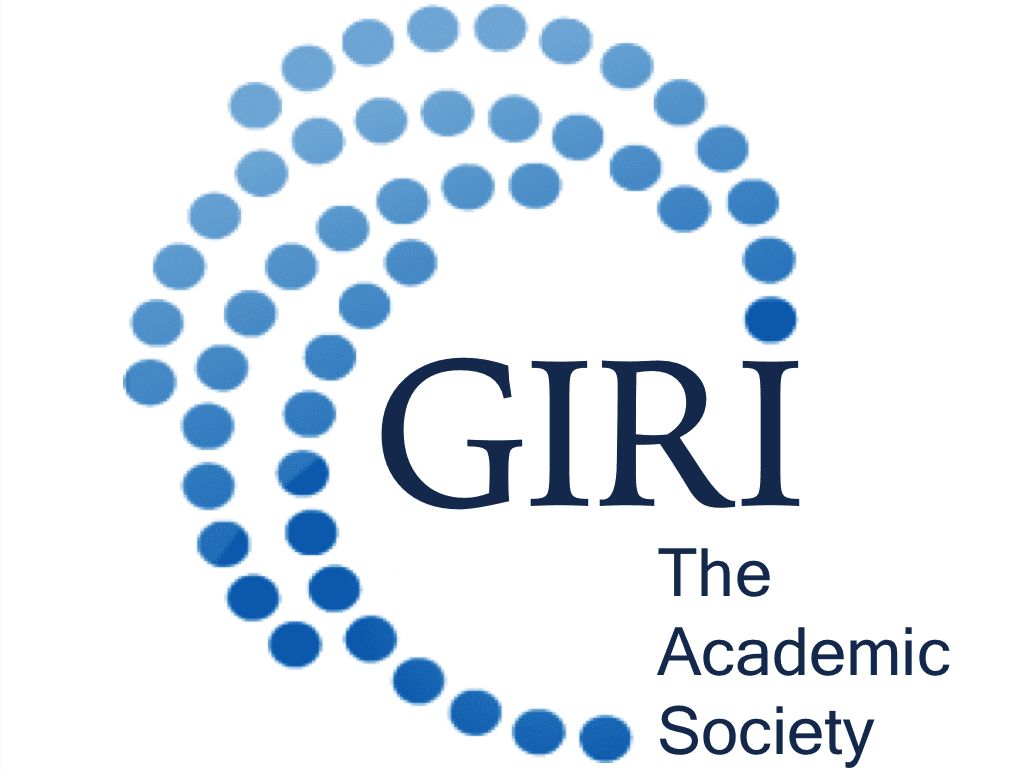
2023 Conference Video Access
If you were unable to attend the conference virtually or in-person, you may still gain access to the recordings by paying $60 to the American Institute of Homeopathy. Once you have paid, you will receive an email giving you full access to all three days of the conference.
To make a donation to the American Institute of Homeopathy (AIH), please visit our donation page.

